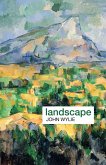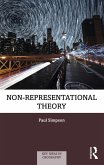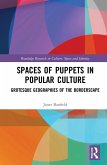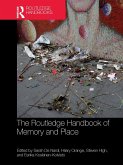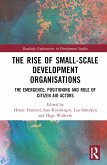Emerging over the past ten years from a set of post-structuralist theoretical lineages, non-representational theories are having a major impact within Human Geography. Non-representational theorisation and research has opened up new sets of problematics around the body, practice and performativity and inspired new ways of doing and writing human geography that aim to engage with the taking-place of everyday life. Drawing together a range of innovative contributions from leading writers, this is the first book to provide an extensive and in-depth overview of non-representational theories and human geography. The work addresses the core themes of this still-developing field, demonstrates the implications of non-representational theories for many aspects of human geographic thought and practice, and highlights areas of emergent critical debate. The collection is structured around four thematic sections - Life, Representation, Ethics and Politics - which explore the varied relations between non-representational theories and contemporary human geography.
'Non-representational theories have exercised the discipline more than most in the first decade of the 21st century. This collection provides insights into what moved a generation of geographers to experiment with this style of work, and where such experimentation might still lead.' Sarah J. Whatmore, University of Oxford, UK 'I read the manuscript of this book in two (long) sittings. I felt impelled to do so, to keep turning the pages. I was excited, moved, surprised, inspired; but always learning, sensing possibilities for thought-and-action leading me far from my academic comfort zone. As a gathering together of the remarkable intellectual and creative energies released by non-representational theory, this volume is a mightily impressive achievement where the multiple "rough grounds" of bodies, lives, events, movements, relations and spaces are allowed to challenge singular constructs of nature, society, politics, ethics, the human and the future. The volume serves simultaneously as a work of exposition and experiment, a rejoinder to critics, an elaboration of further paths, and a generous affirmation of responding geographically to more-than-representational worlds.' Chris Philo, University of Glasgow, UK 'Taking Place is a beautifully illustrated map of the most interesting work being pursued in geography today. It explores what nature, culture, language, and ethics can become once "social constructivism" has to share the bill with a variety of new materialisms. The book is a wonderful resource for political theorists, ethnographers, urbanists, ecophilosophers, and anyone interested in the strange magic of the encounter between things, events, places, and our accounts of them' Jane Bennett, The Johns Hopkins University, USA 'Taking-Place will be a valuable starting point for those curious about non-representational theories in geography. It also offers much in the way of new ideas and inspiration for those already fascinated by this field.' New Zealand Geographer 'The strength of this collection is the clear purpose expressed in the writing. The various authors are taking subjectivity seriously and trying to address many of the concerns expressed against NRT more generally.' Antipode


